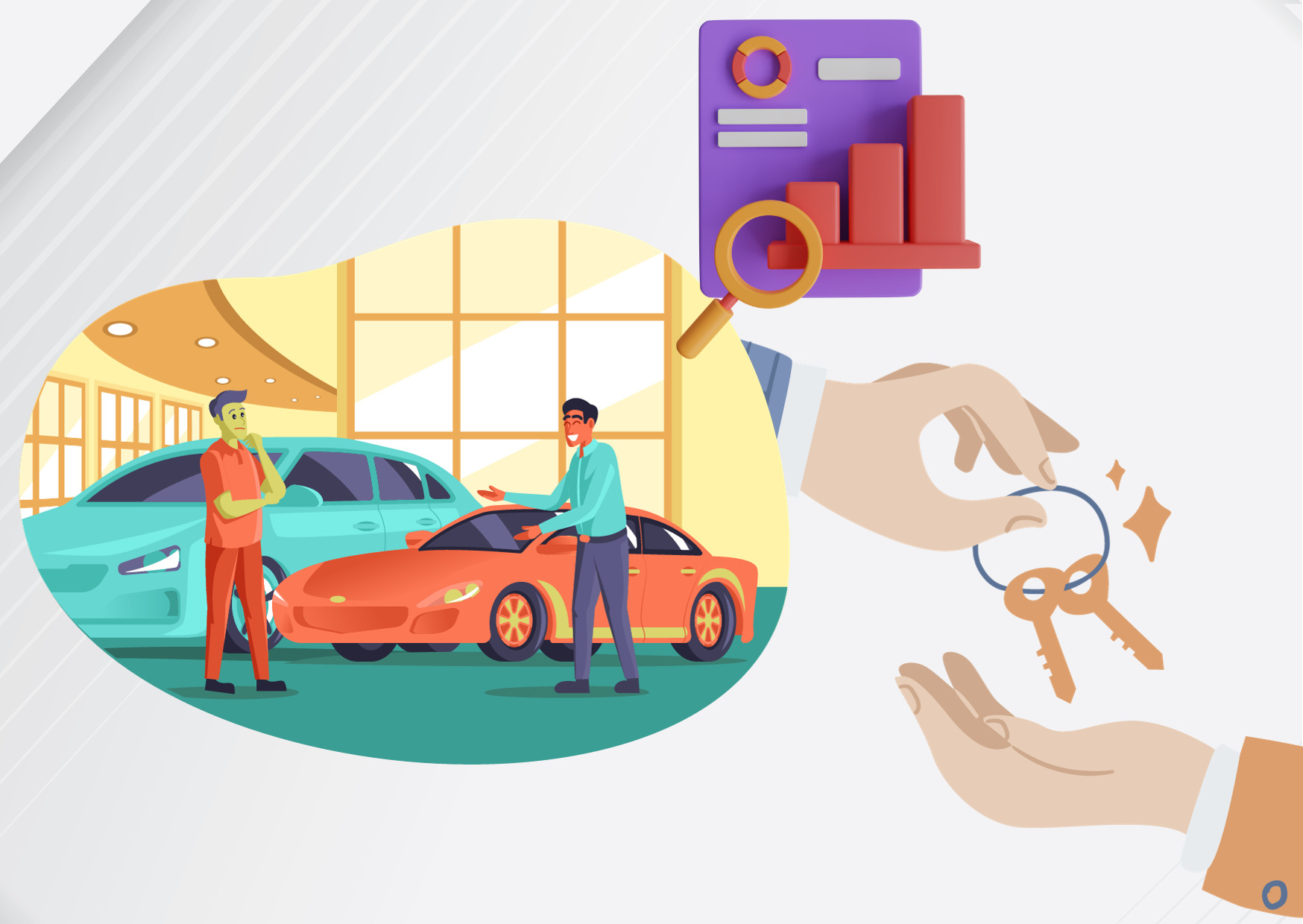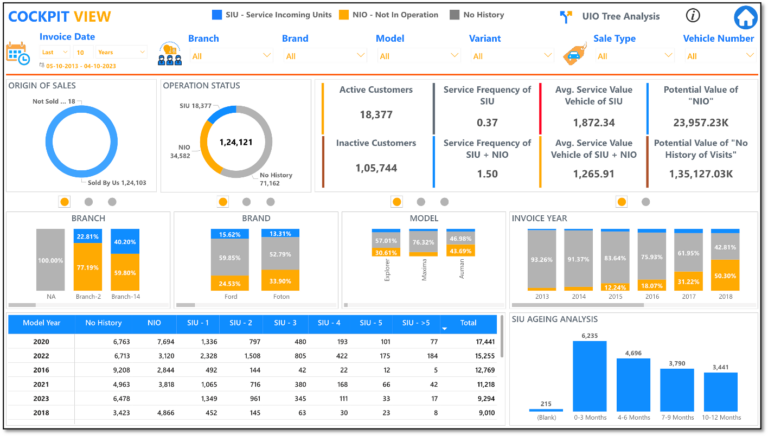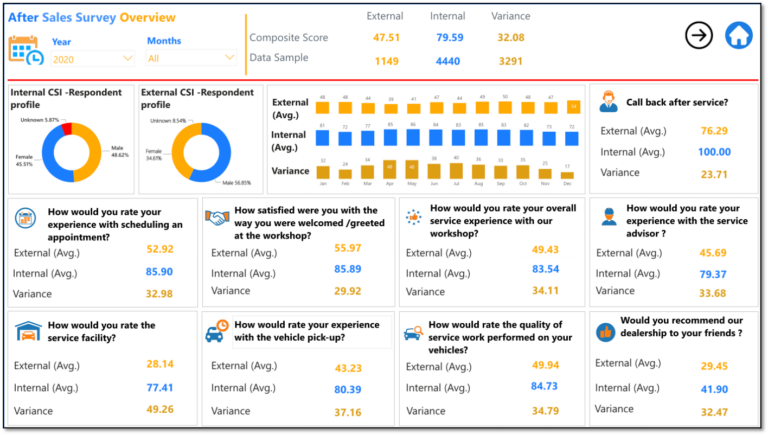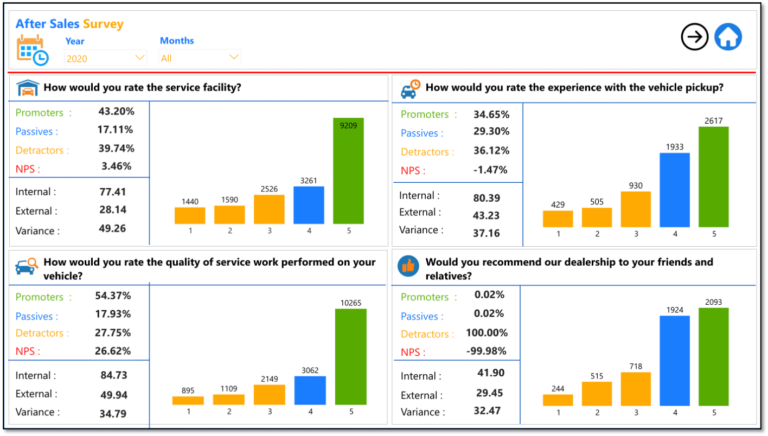
The auto retail industry, like many other sectors, is undergoing a rapid transformation driven by technological advancements, changing consumer preferences, and environmental concerns. In this article, we will explore how the auto retail industry is evolving and why building trust with existing customers through analytics is more essential than ever.
The traditional model of auto retail, where customers visit showrooms and dealerships to purchase vehicles, is slowly losing ground to alternative models. Online marketplaces, direct-to-consumer sales, and ownership of vehicles like subscription-based services/ leasing/ fleet etc are becoming increasingly popular. Customers now have more choices and flexibility than ever before, challenging the traditional dealership-centric. Here is why the shift is happening –
With this changing landscape, auto retailers must adapt to retain existing customers. Building trust with these customers is paramount, as it can be more cost-effective than acquiring new ones. Let’s explore additional methods in which insights can deliver value-adds –
NRoot Labs insightful dashboards on UIO (Units in Operation) and NIO (Units Not in Operation) or even a basic customer feedback have assisted auto retailers in refining their after-sales operations & thereby retaining their customers & strategize ways to reacquire former customers.
 Units In Operation/ Not In Operation
Units In Operation/ Not In Operation After Sales Survey – Overview
After Sales Survey – Overview After Sales Survey – Facility ratings
After Sales Survey – Facility ratingsA prominent automotive dealership that chose our UIO & After Sales Overview dashboard remarked that : “With visibility at our UIO and NIO dashboards & after-sales surveys using Customer Satisfaction Index (CSI) offered us valuable insights into our retention and customer experiences. The informative dashboards built by NRoot Labs enabled us to identify areas for improvement, enhance service quality, and strengthen customer loyalty. By analyzing this data, we were able to customize our offerings, boost customer retention, and maintain a positive reputation in a competitive market.”
In the digital age, data is abundant, but it’s only as valuable as the insights extracted from it. Data analytics provides auto retailers with the tools to:
In Conclusion The auto retail industry is in the midst of a significant transformation. Dealerships and showrooms may evolve into experience centers, focusing on brand engagement and customer education rather than just sales. The physical presence may continue to serve a purpose, but it will be complemented by online platforms and alternative sales channels. Adapting to change and building trust with existing customers through data analytics is essential for staying ahead of the curve. The key to success lies in understanding and meeting the evolving needs and expectations of the modern consumer.
Data, when harnessed effectively, is the key to navigating this new era in the auto retail industry.